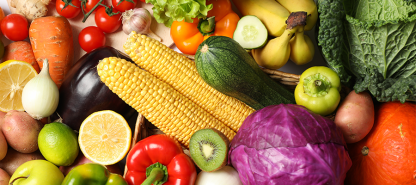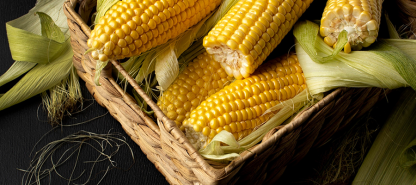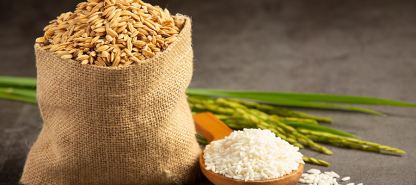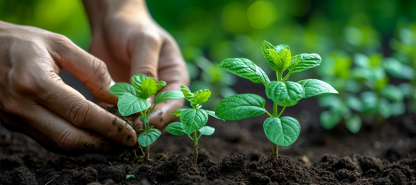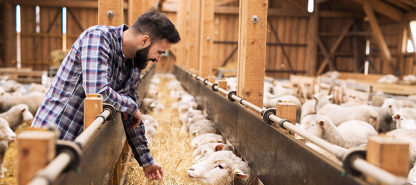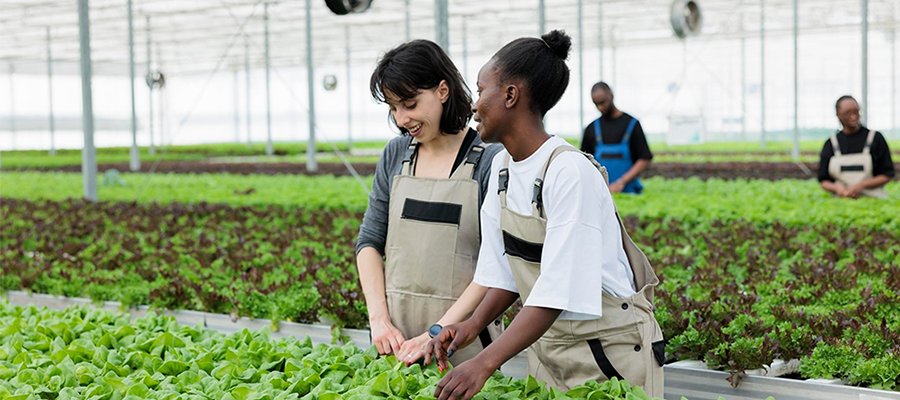
- 28 Aug 2024
Unlocking the Future of Sustainable Agriculture: Investing in a Greener Tomorrow
Sustainable agriculture represents a fundamental shift in how we approach food production and resource management. In a world facing environmental challenges such as climate change, soil degradation, and water scarcity, sustainable agriculture offers a solution that balances productivity with ecological preservation. It focuses on farming methods that reduce environmental impact, conserve natural resources, and promote biodiversity. Farmers and investors alike are recognizing the long-term benefits of adopting practices that ensure the land remains fertile and productive for future generations. Through techniques such as crop rotation, organic fertilization, and integrated pest management, sustainable agriculture fosters healthier ecosystems and offers a pathway to greater food security.
The Importance of Crop Diversity
Crop diversity is one of the cornerstones of sustainable agriculture. By planting a variety of crops, farmers can enhance soil fertility, reduce the need for chemical fertilizers, and protect against pests and diseases. This practice also helps mitigate the risks of monoculture farming, which can lead to soil depletion and vulnerability to climate change. Crop rotation and diversification are not just beneficial for the environment; they also create more resilient agricultural systems that can better withstand economic and environmental pressures. For investors, supporting crop diversity means contributing to more sustainable and profitable farming practices in the long run.
- Low Volatility in Crop Production
- Enhanced Soil Fertility
- Reduced Need for Chemical Inputs
- Improved Ecosystem Health
- Increased Resilience to Climate Change
- Long-Term Agricultural Sustainability
Investing in Sustainable Agricultural Projects
Investing in sustainable agricultural projects is not only a financially sound decision but also a socially responsible one. As the demand for sustainably produced food continues to grow, these projects offer stable returns and contribute to a healthier planet. Investors are increasingly drawn to opportunities that involve organic farming, renewable energy integration, and innovations in water and soil management. These projects reduce the environmental footprint of farming while maximizing efficiency and productivity. By investing in sustainable agriculture, you are helping to drive the transition towards a greener future while securing your own financial future. It's an investment in the planet, in food security, and in long-term profitability.

